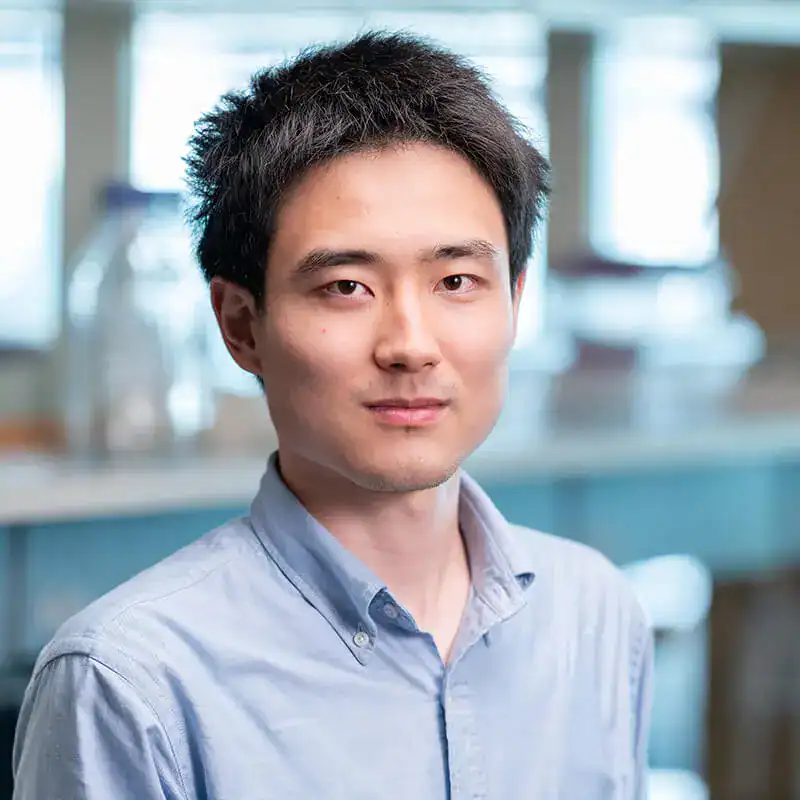While most cancers are caused by a combination of genetic and environmental factors, cancers caused by viruses claim over 500,000 deaths worldwide every year. Vaccination against these cancers early in life, even during childhood, is a powerful way to prevent cancer later in life. Most cancer vaccines are designed to establish immune memory by antibodies, but T cells also play a critical role, forming life-long memories against past infections and vaccinations.
Dr. Hiroyasu Aoki’s research focuses on how our bodies develop long-lasting T-cell immune memory during childhood. To uncover these mechanisms, he will follow a group of healthy young children from birth and analyze their T-cell memory using advanced techniques. Through this, Dr. Aoki hopes to answer the questions of when T-cell memory accumulates during childhood, how it impacts subsequent T-cell memory formation, and which infections or vaccinations elicit strong and stable T-cell memory in children. “The knowledge from my research will help improve vaccine design and optimize the timing of childhood immunization, leading to the development of next-generation vaccines for cancer-causing viruses,” he states. Dr. Aoki’s aspiration to become an immunologist stemmed from “a desire to combat health threats using the immune system.” His doctoral research at the University of Tokyo focused on understanding anti-tumor T-cell responses using T-cell receptor sequencing. He also examined T-cell responses after SARS-CoV-2 mRNA vaccination and identified certain T-cell clones associated with favorable COVID-19 outcomes. Now refocused on cancer, Dr. Aoki ultimately hopes to pave the way for cancer prevention strategies by generating immune memory that can recognize and eliminate diverse cancerous cells.
Sponsor
Thomas Paul, PhD
Research Focus
Cancer vaccines, cancer prevention, T-cell memory
Projects and Grants
Discovering the rules governing T-cell memory accumulation during the first decade of life for next-generation vaccine development
